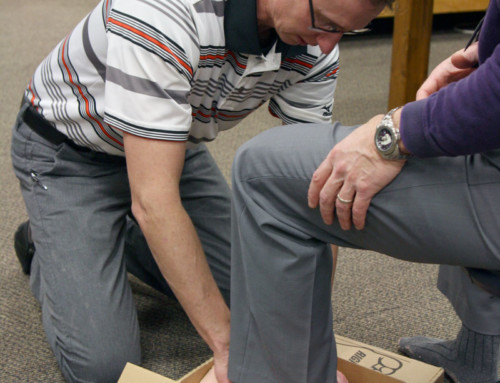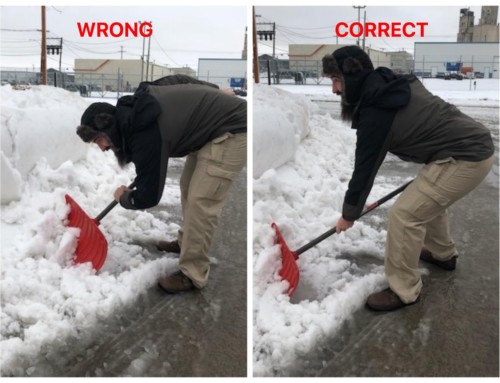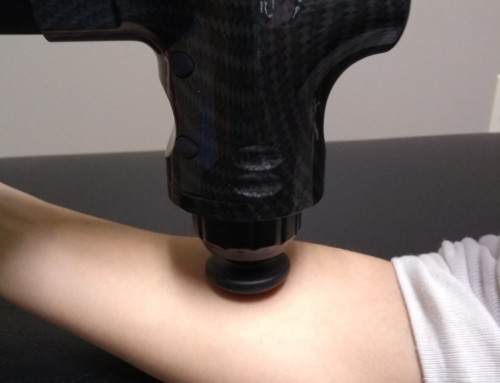Aging is certainly inevitable, and wear and tear is expected. However, the APTA has some great information on how physical activity can help reduce problems as we get older:
9 Things Your Physical Therapist Wants You To Know About Aging Well
We can’t stop time. But with the right type and amount of physical activity, we can help stave off many age-related health problems and live life to its fullest.
Physical therapists are movement experts who can help you optimize quality of life through prescribed exercise, hands-on care, and patient education.
1. Chronic pain doesn’t have to be the boss of you.
According to the Centers for Disease Control and Prevention (CDC), in 2016, an estimated 20.4% (50 million) US adults experienced chronic pain, contributing to indirect medical costs, lost work time, and wages. Physical therapist-supervised exercise, mobility, and pain management treatment plans can ease pain while moving and at rest, improving your overall quality of life.
2. You can get stronger when you’re older.
Research shows improvements in strength and physical function are possible in your 60s, 70s, and even 80s and older, with an appropriate exercise program. Progressive resistance training, in which muscles are exercised against resistance that gets more difficult as strength improves, has been shown to prevent frailty.
3. You may not need surgery or medication for low back pain.
Low back pain is often overtreated with surgery and medications despite a wealth of evidence demonstrating physical therapy can be an effective alternative—and with much less risk.
4. You can lower your risk of diabetes with exercise.
Nearly 30 million Americans have diabetes, and only 21 million know they have it. Obesity and physical inactivity can put you at risk for this disease. But a regular appropriate physical activity routine is one of the best ways to prevent, and manage, type 2 diabetes.
5. Exercise can help you avoid falls—and keep your independence.
About 1 in 4 US older adults fall each year. Despite this statistic falling is not a normal part of aging, and you can reduce your risk of falls. A physical therapist can help assess your risk, design an individualized prevention plan to include exercises and balance training, address underlying medical conditions, and more.
6. Your bones want you to exercise.
Osteoporosis or weak bones affects more than half of Americans over the age of 50. Exercises that keep you on your feet like walking, jogging, or dancing, and resistance exercises, such as weightlifting, can improve bone strength or reduce bone loss.
7. Your heart wants you to exercise.
Heart disease is the number 1 cause of death in the US. Exercise is one of the top ways of preventing it and other cardiovascular diseases. Research shows that if you already have heart disease, appropriate exercise can improve your health.
8. Your brain wants you to exercise.
Physically active people—even later in life—are less likely to develop memory problems or Alzheimer’s disease, a condition affecting more than 40% of people over the age of 85.
9. You don’t “just have to live with” bladder leakage.
More than 13 million women and men in the US have bladder leakage. Don’t spend years relying on pads or rushing to the bathroom. Learn more about treatment from a physical therapist.
Choose PT First: https://www.choosept.com/resources/detail/9-physical-therapist-tips-to-help-you-agewell








Leave A Comment